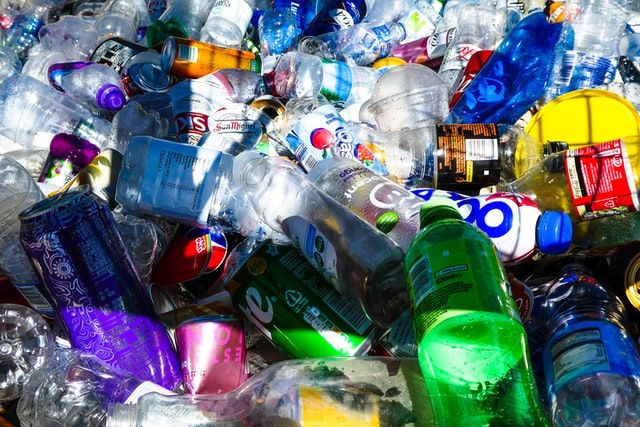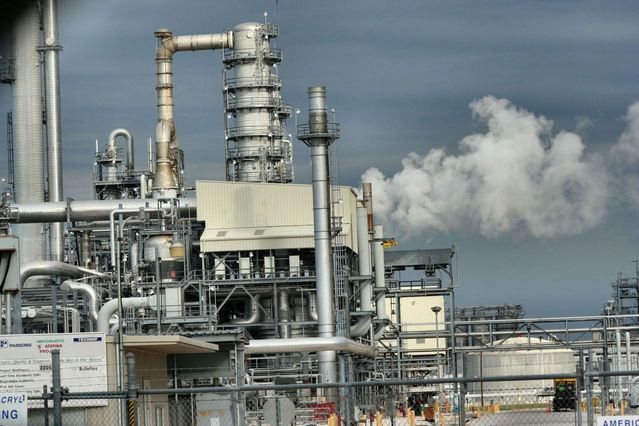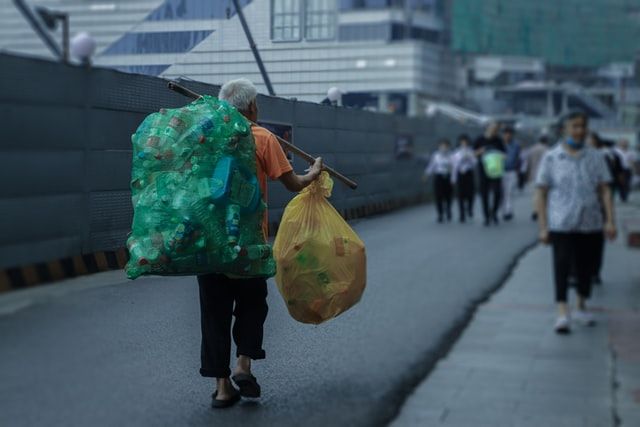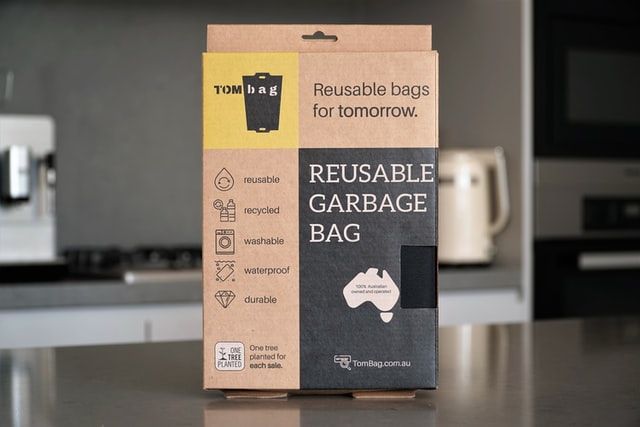It is an understatement to say that the plastics industry has its critics. For while almost everyone on the planet uses the product, it is widely seen as a vile polluter and a symbol of all that is wrong with society.
Unfortunately, when the plastics industry reacts to lessen its environmental impact or makes moves to turn plastic into a more sustainable product, it is met with derision and cries of ‘too little, too late’.

Chemical recycling, also called advanced plastic recycling, is one such case in point. Chemical recycling aims to fully recycle plastic products by turning them back into their original raw material state for repurposing as industrial products like oils and waxes, or to be turned back into virgin plastics.
Yet despite these noble aspirations, the media is largely sceptical.
As a recent article on the widely read Huffington Post states, “Chemical recycling has been hailed as a holy grail solution to plastic waste for decades — but it has yet to live up to the hype.”
“It’s been marketed as a silver bullet to the plastic pollution problem, but in reality, the yield is quite low,” says Shanar Tabrizi, who works for the non-profit Zero Waste Europe.
Unfortunately, there is a lot of truth in the fact that chemical recycling is still struggling to be successful alongside the ease and low cost of fossil fuels. This has caused numerous chemical recycling plants to fail.

As the Huffington Post article notes, “[of] 37 chemical recycling facilities proposed in the US, some as far back as 2000, to date only three are operational and none has ever successfully produced recycled plastic on a commercial scale.”
Winnie Lau, a Pew researcher and lead author of a recent plastics report, explains why. “The plastic that is produced by the chemical [recycling] processes is too expensive to be used in products,” she said. “So, they don’t do it.”
“In the end,” says Tabrizi, “you have an expensive technology that has to use a lot of energy to take a fossil product ― essentially that’s what plastic is ― and then turn it into a new fossil product. That’s not really in line with what we’re trying to achieve. We see it as a way to just build a new supply chain for the petrochemical industry.”
Yet while the naysayers are correct to highlight chemical recycling’s hefty price tag, this investment would bring benefits. For example, a recent American Chemistry Council report found the cost of expanding advanced plastic recycling and recovery technologies in the United States alone to be nearly $10 billion. But that investment would create further wealth.

As Recycling Today notes, “if advanced plastics recycling and recovery facilities in the U.S. were widely adopted, the processes could result in 40,000 U.S. jobs, as much as $2.2 billion in annual payroll and $9.9 billion in economic output.”
More importantly, would be the reduced environmental impact, as Priyanka Bakaya, chair of the Plastics-to-Fuel and Petrochemistry Alliance, states, “Expanding advanced plastic recycling and recovery facilities could … eliminate the landfilling of 6.5 million tons of post-use recoverable plastics each year.”
However, while environmentalists may point to the unsustainability of plastic, it is not an easy product to replace. This is largely because as well as its low dollar cost, plastic has other major benefits over substitute materials.

“Plastic packaging and consumer products weigh less than alternatives, helping to reduce transportation fuel use, greenhouse gas emissions and waste,” says Steve Russell, ACC vice president of plastics. This means that the best solution for waste plastic is to return it to the circular economy.
“Learning to treat used plastics as a resource has both economic and environmental benefits,” adds Russell. “Converting more of these materials to valuable products and raw materials will help keep plastic waste out of the environment and in productive use.”
This is why chemical recycling is so important. It is a route to keeping plastic for all its advantages and then turning it into something sustainable.
“Advanced plastic recycling and recovery technologies have the potential to revolutionize the way we make, use, and reuse our plastic resources,” explains Russell. “These technologies further demonstrate the untapped value of used plastics and have the potential to dramatically accelerate our transition to a circular economy.”
For this reason alone, it is worth the plastics industry taking a deeper look into chemical recycling. It should be the chemical industry’s dream and its solution to plastic waste.
If you would also like to discover more about this topic, read: Chemical Recycling: A Solution or a Dream for Plastic Waste Part 2
Photo credit: Yi Liu on Unsplash, 大爷 您 on Unsplash, 3D Animation Production Company from Pixabay, Nick Fewings on Unsplash, Sasha Pestano, Flavio Takemoto from FreeImages, Ksenia Chernaya, Ivan Philipov, Cheryl Empey, & Loïc Manegarium